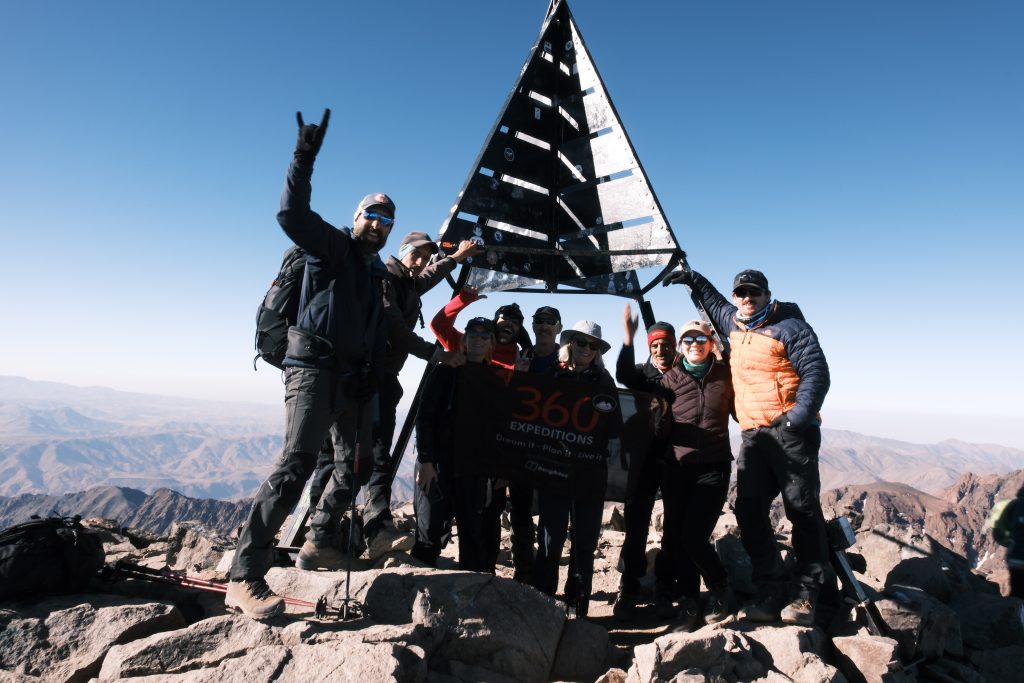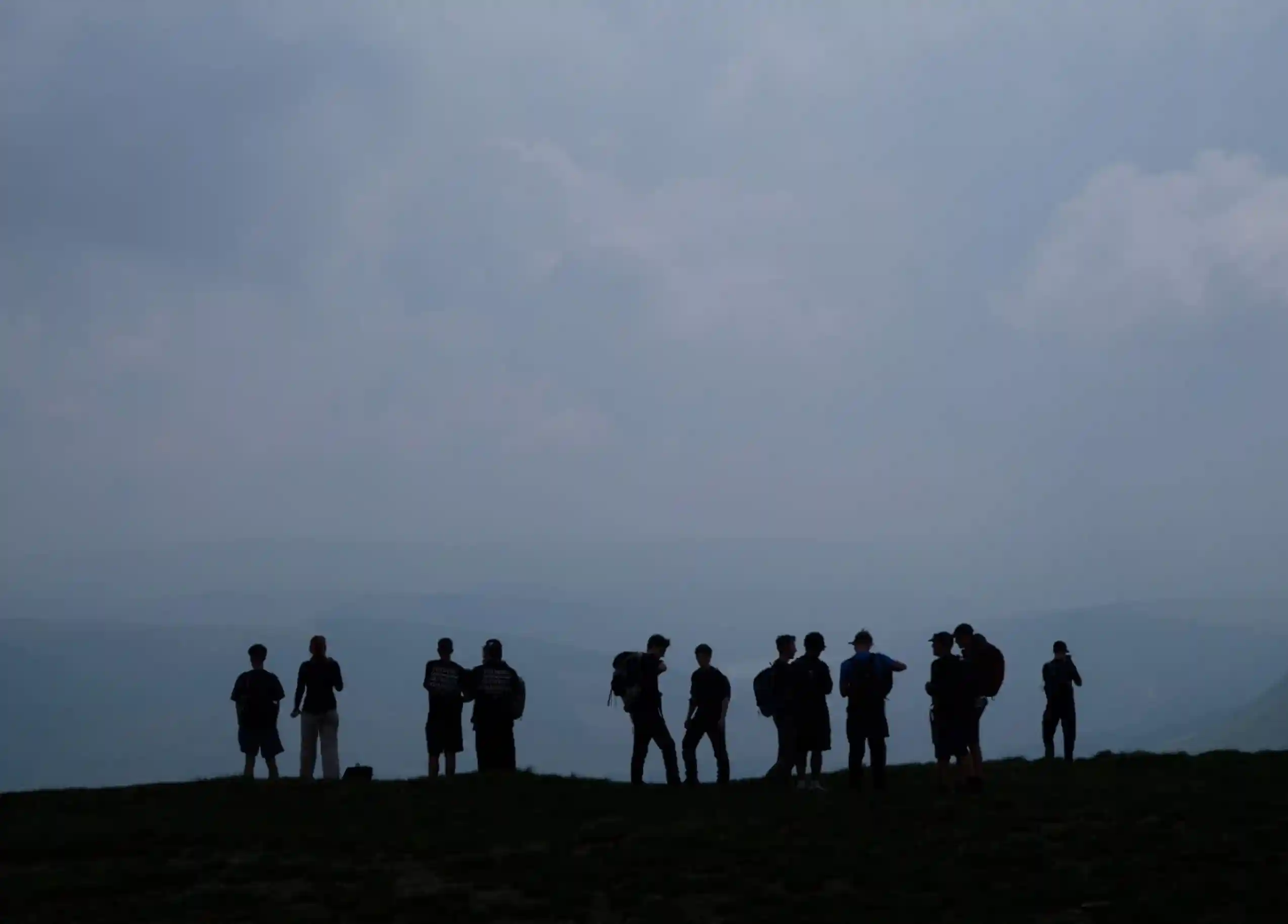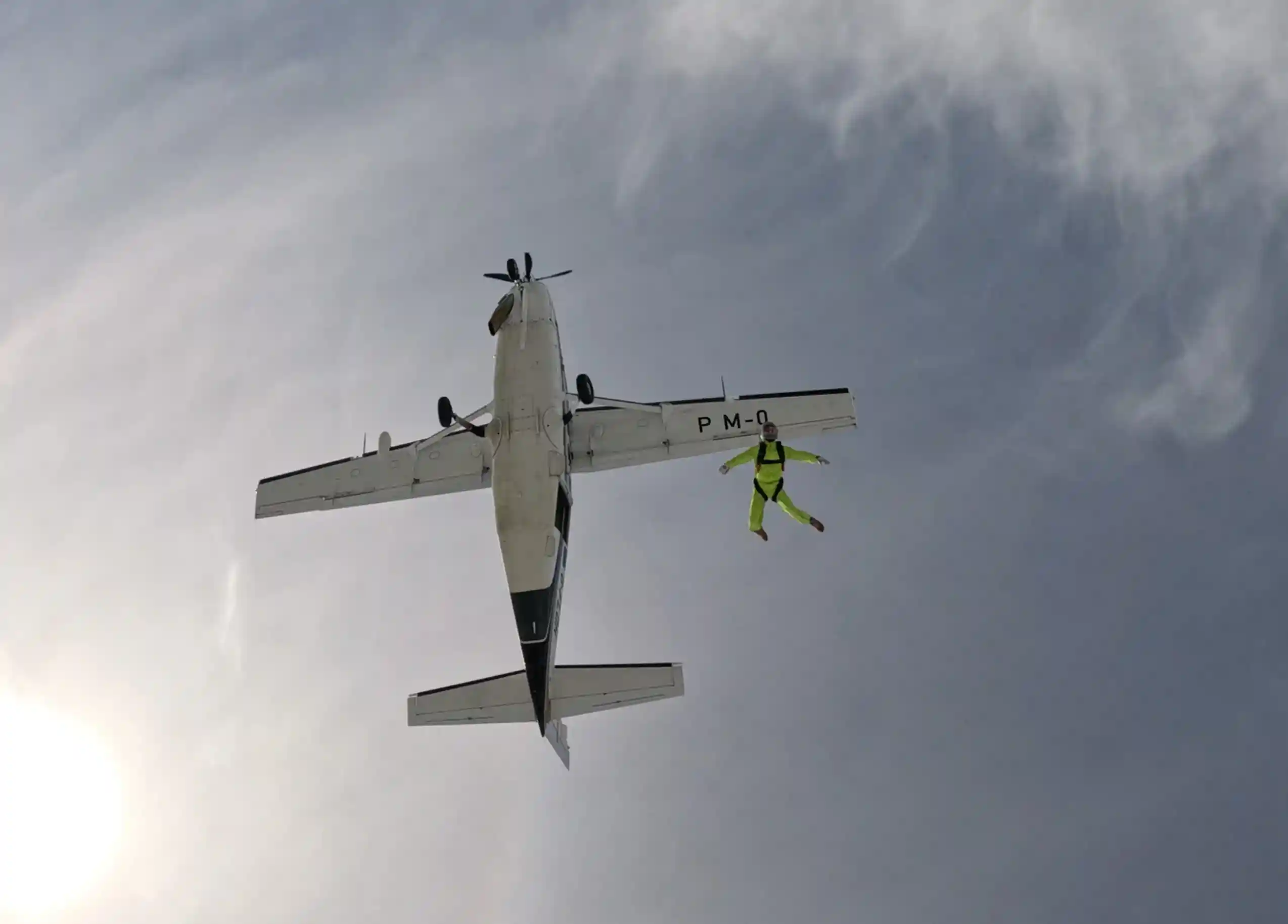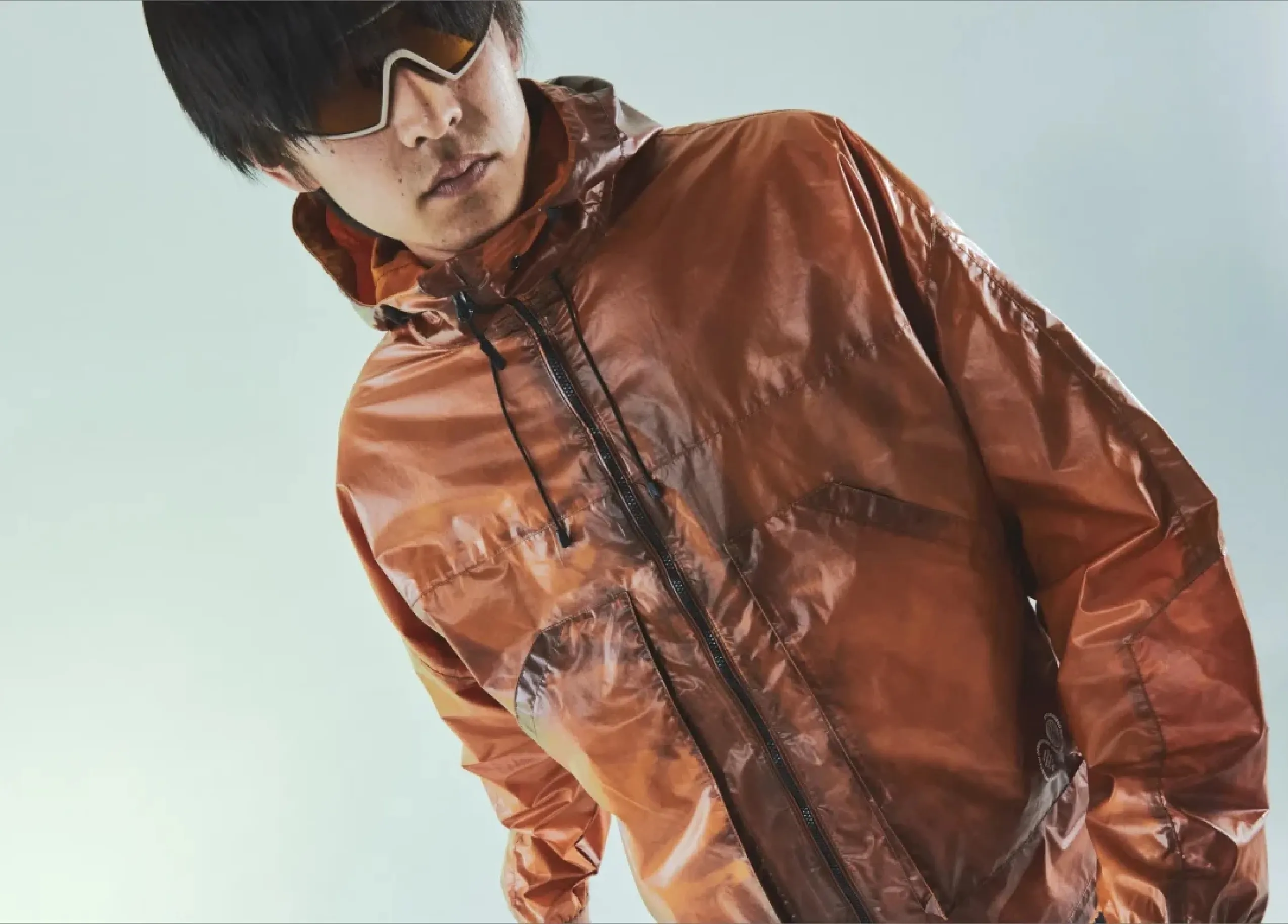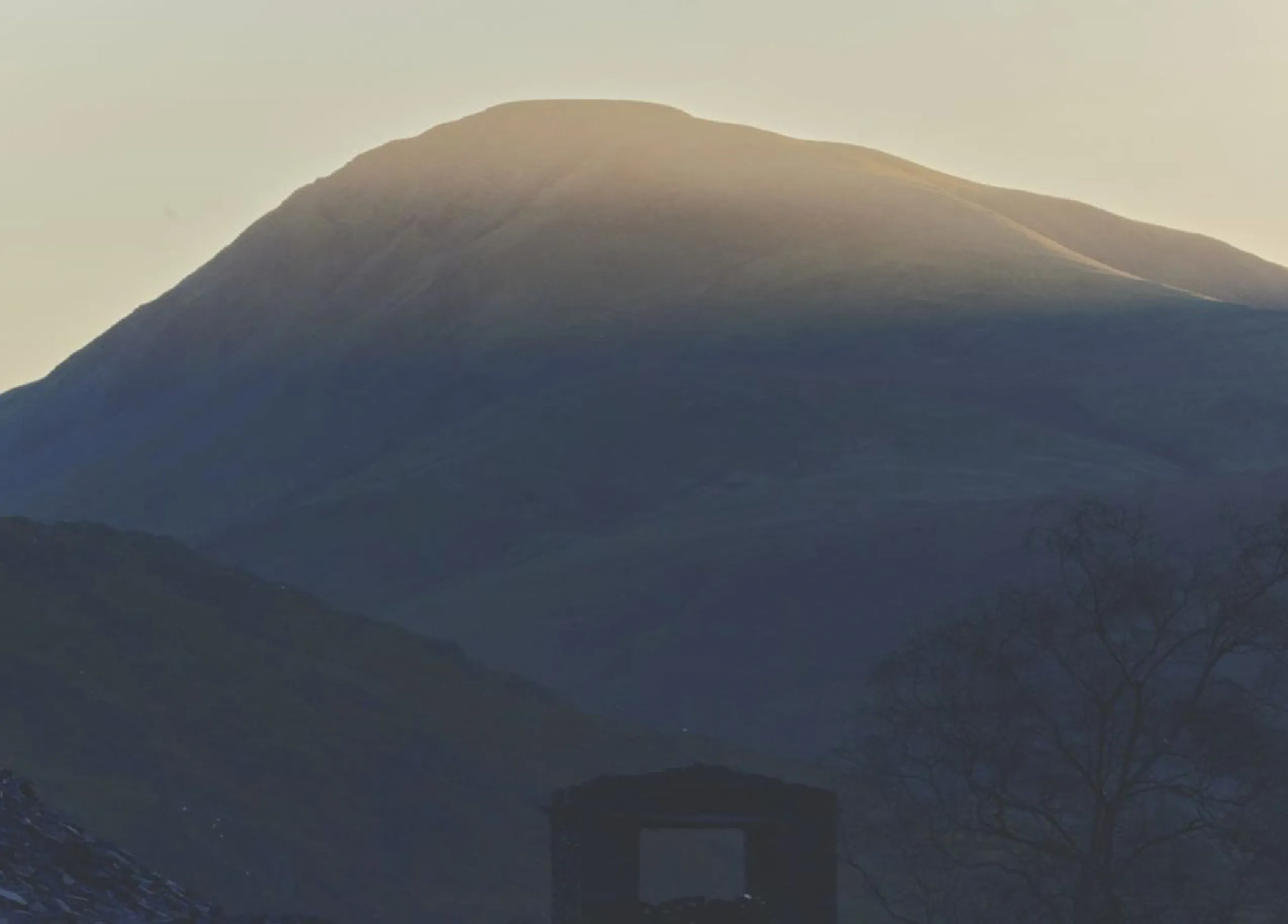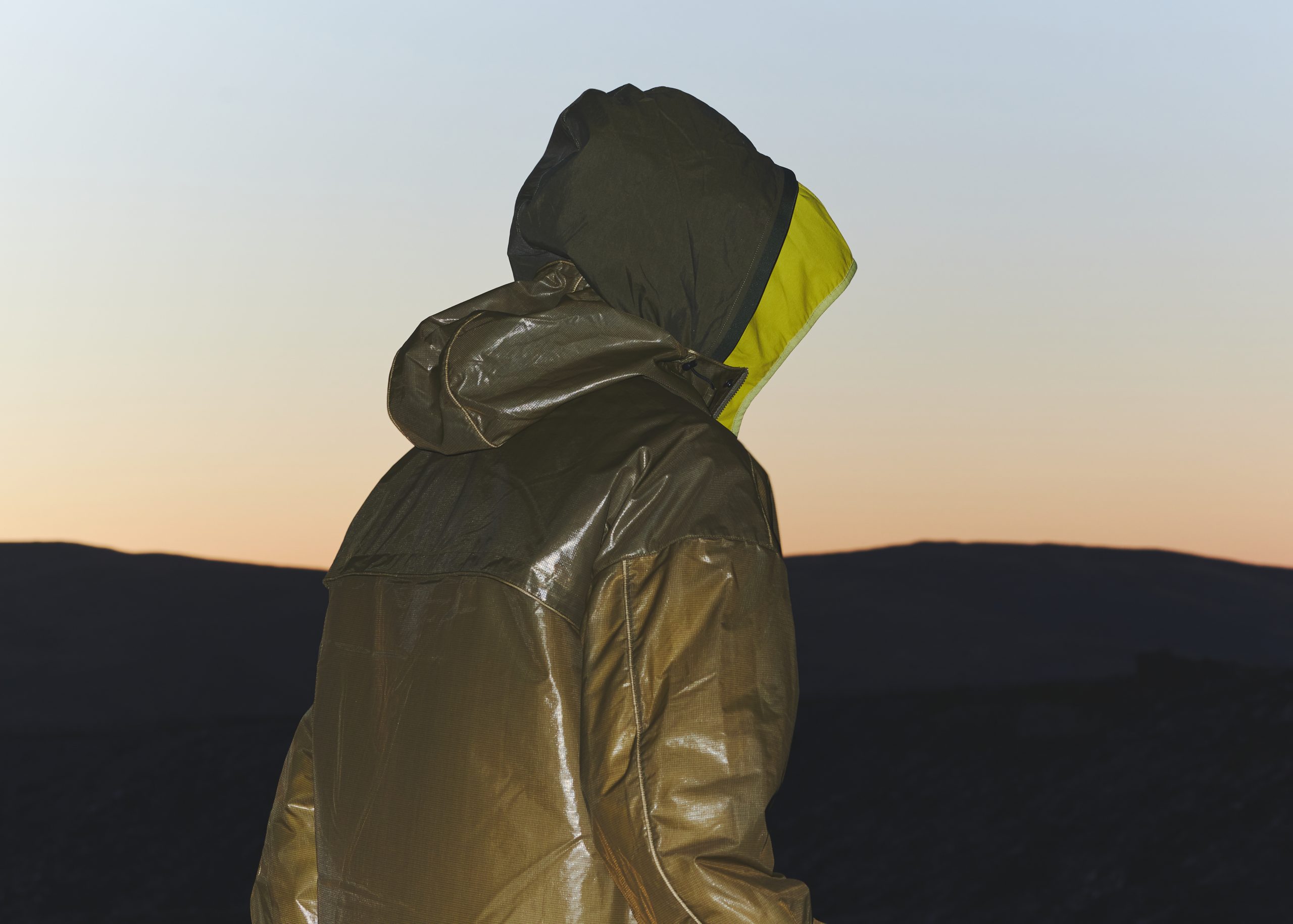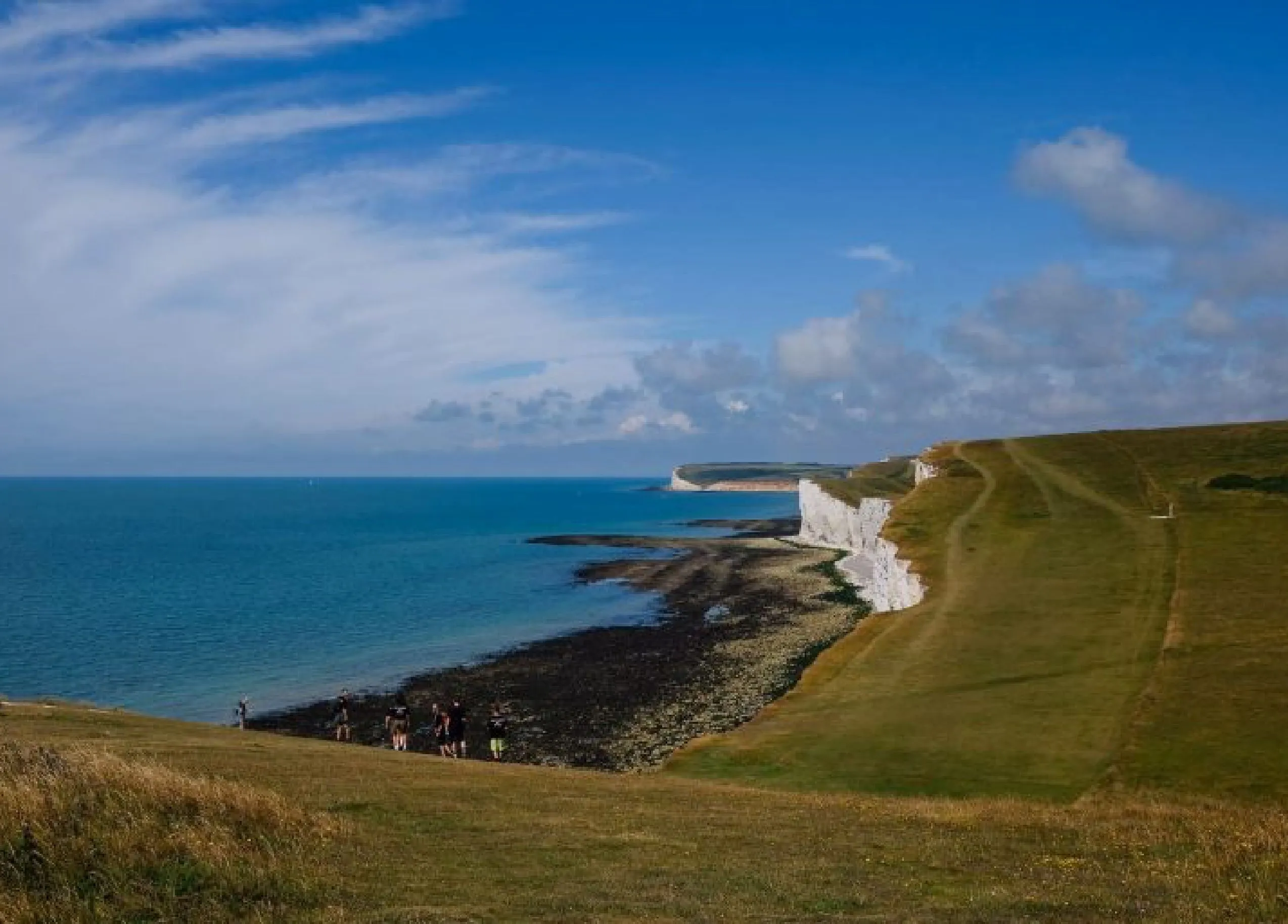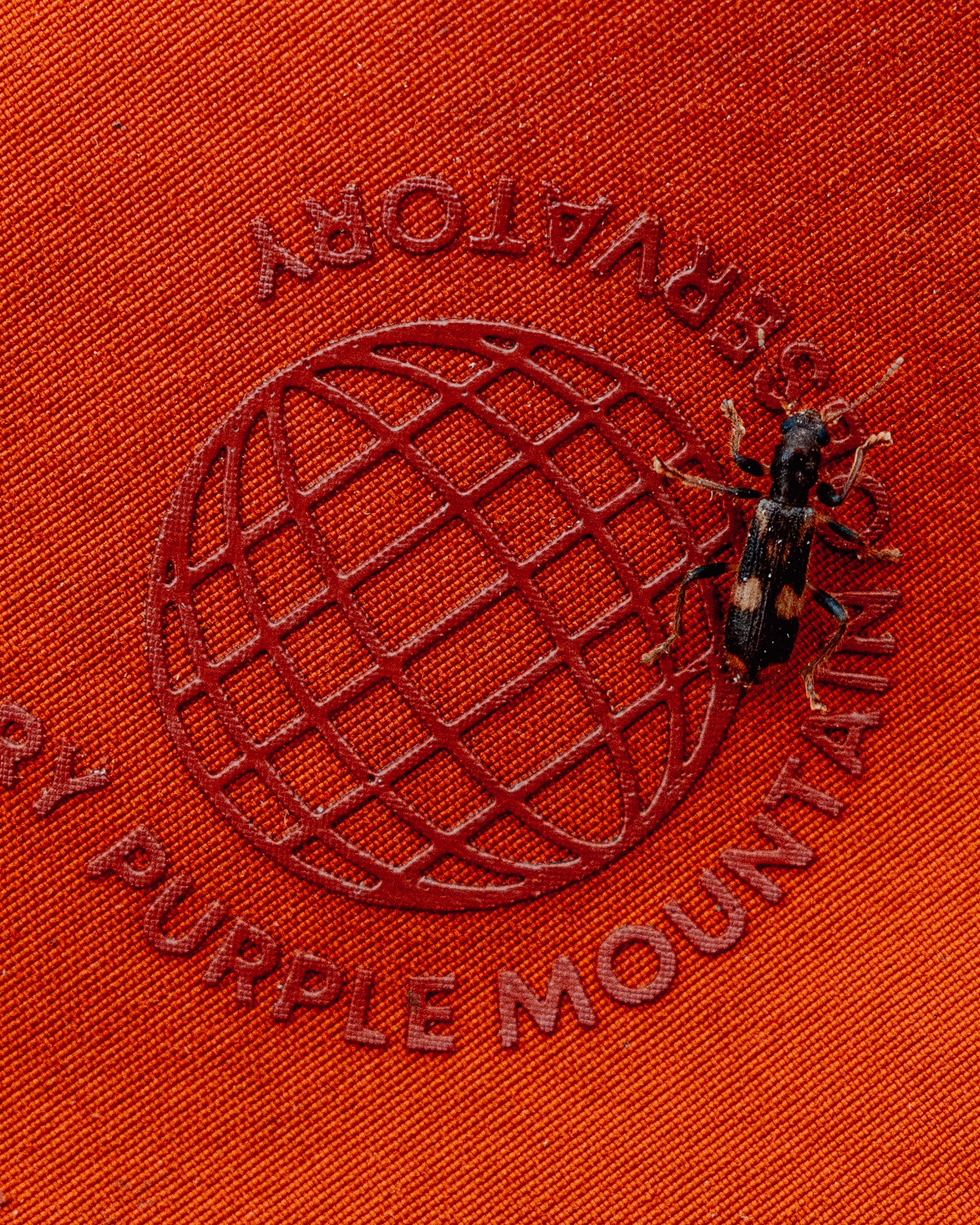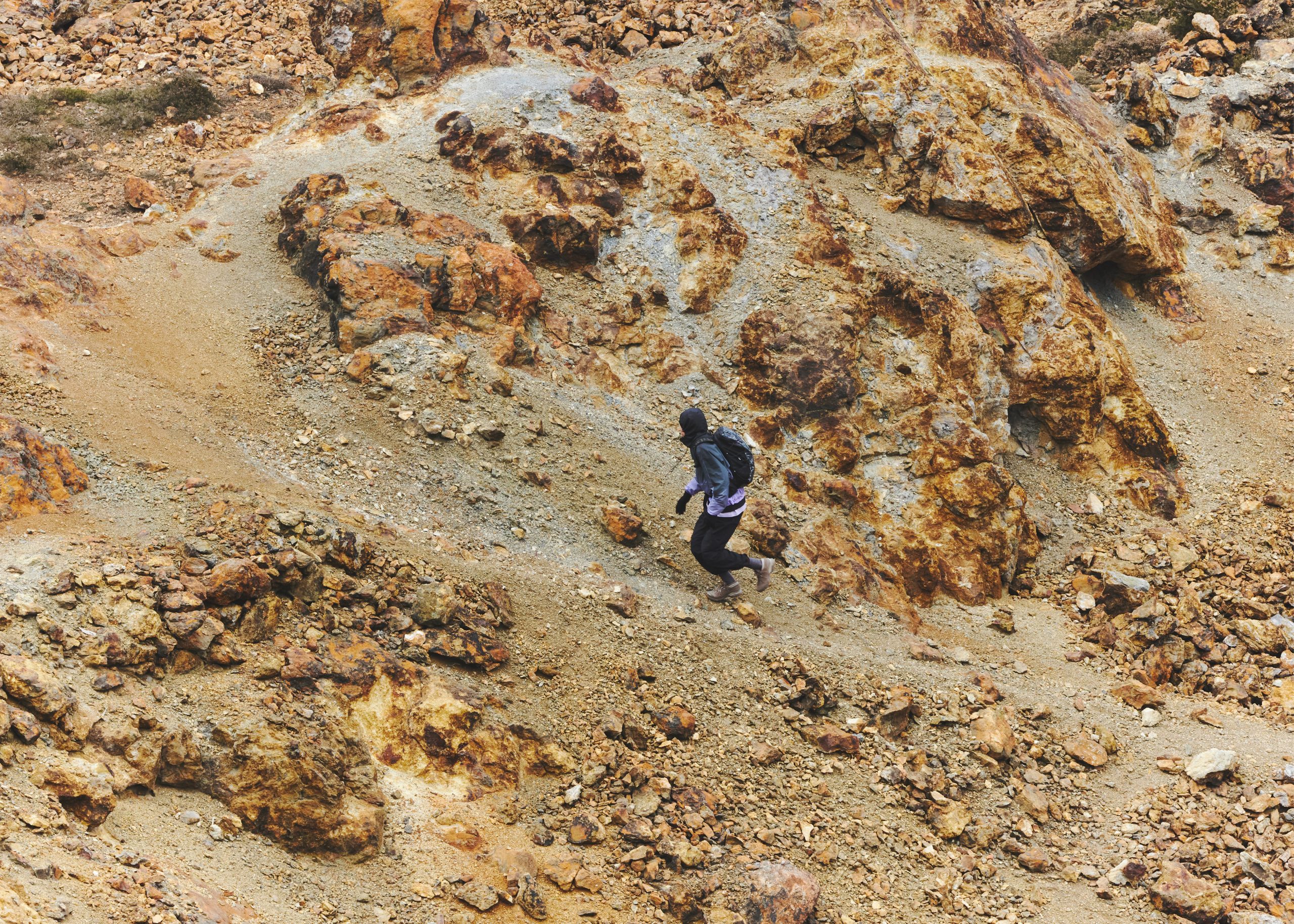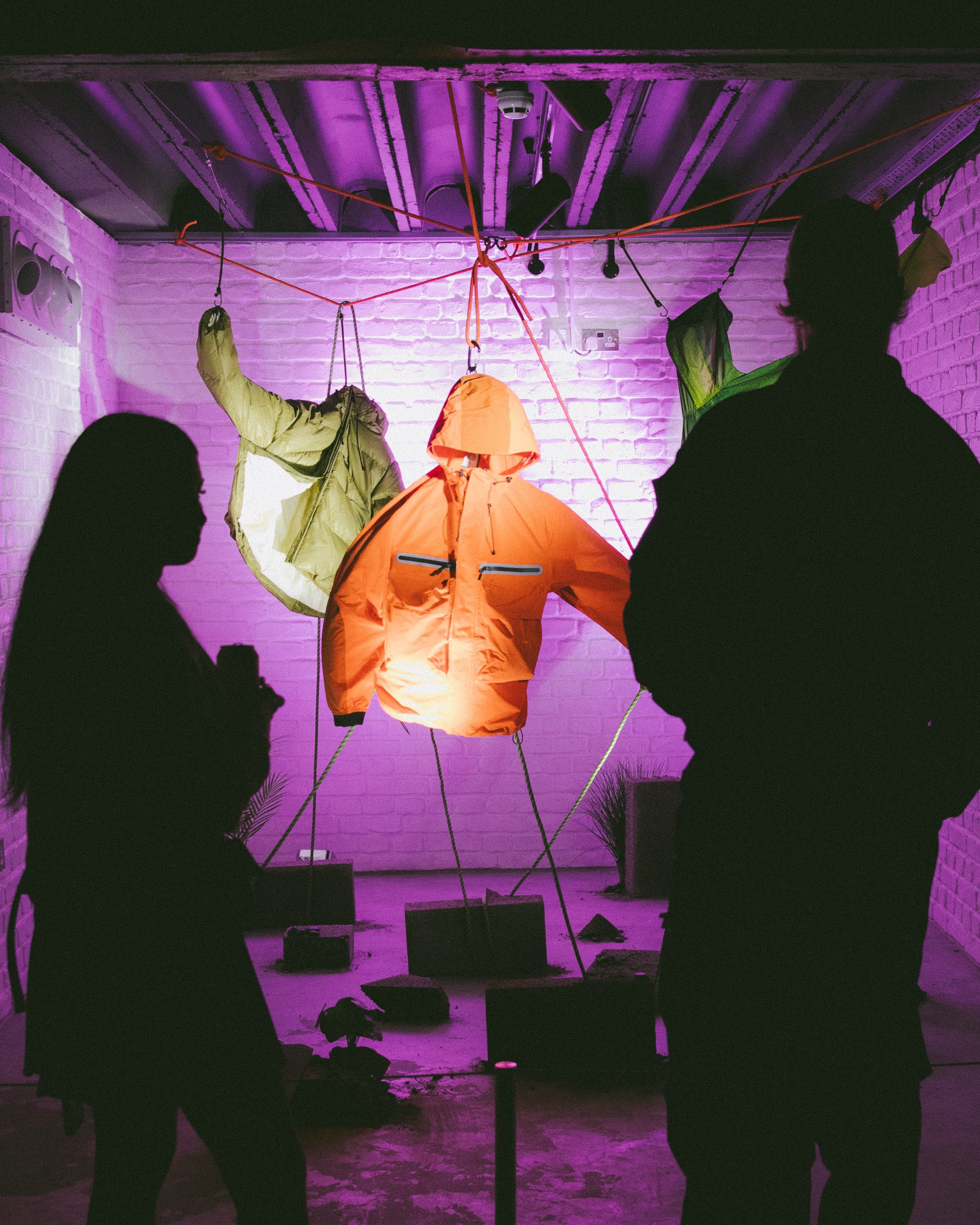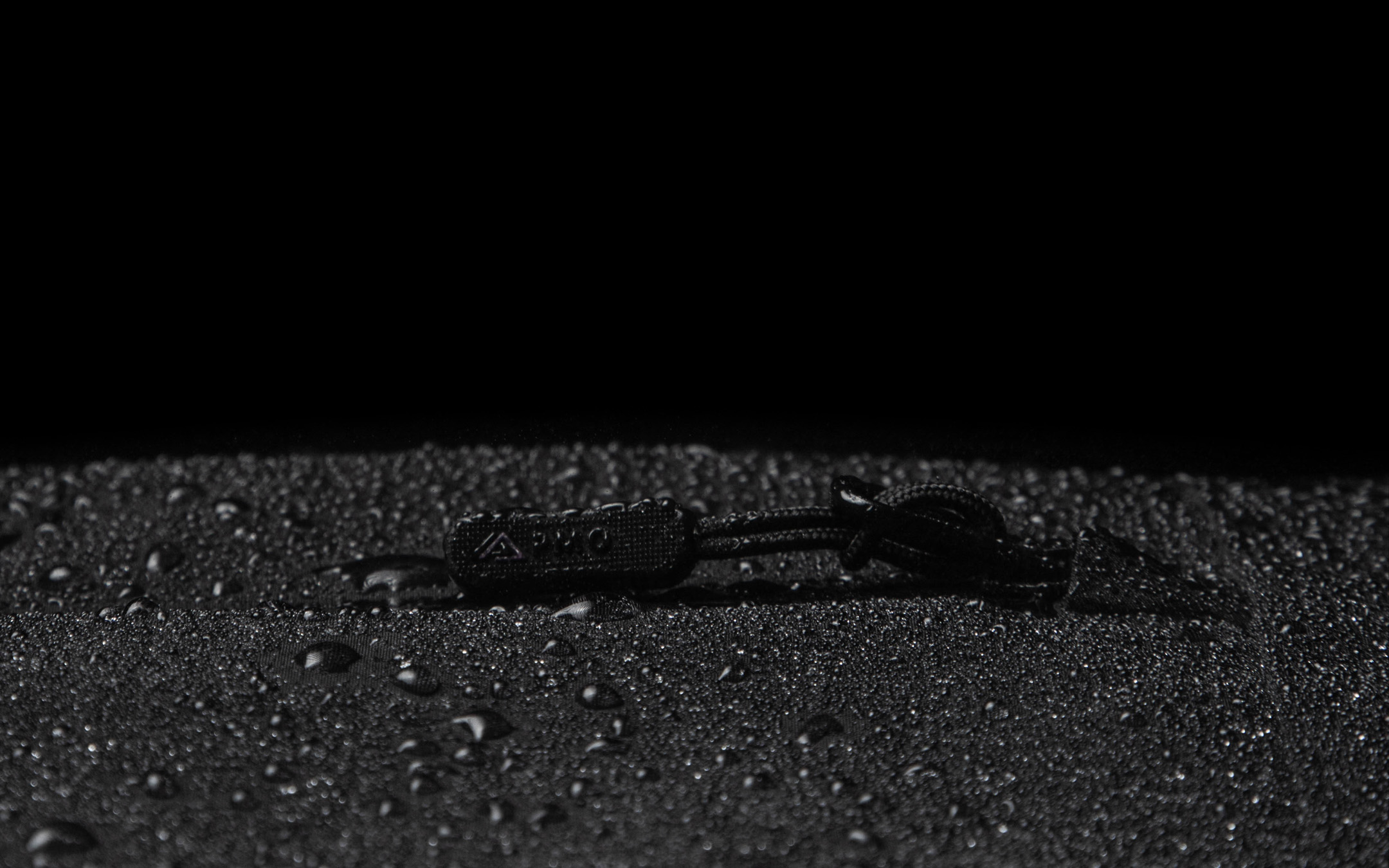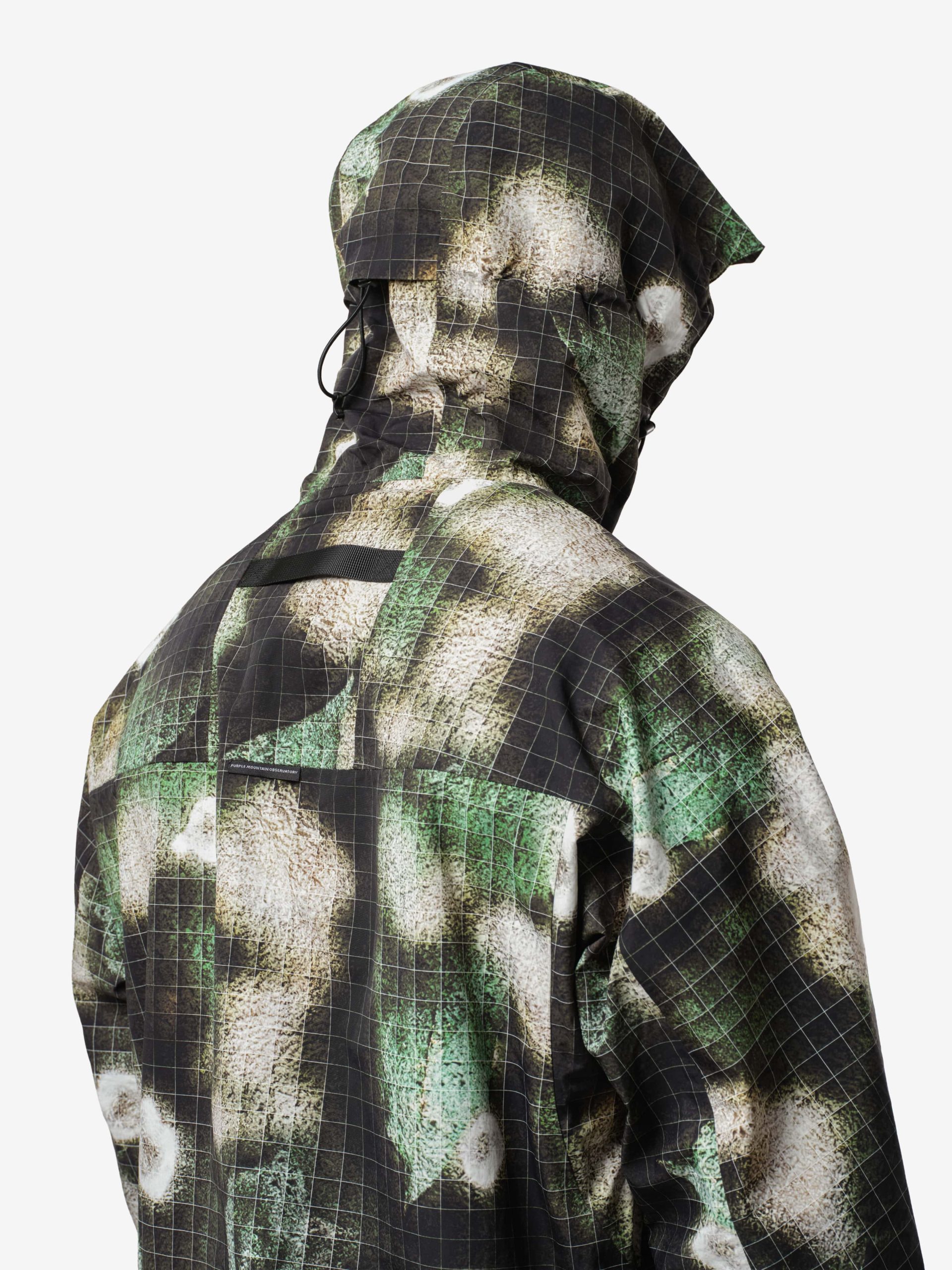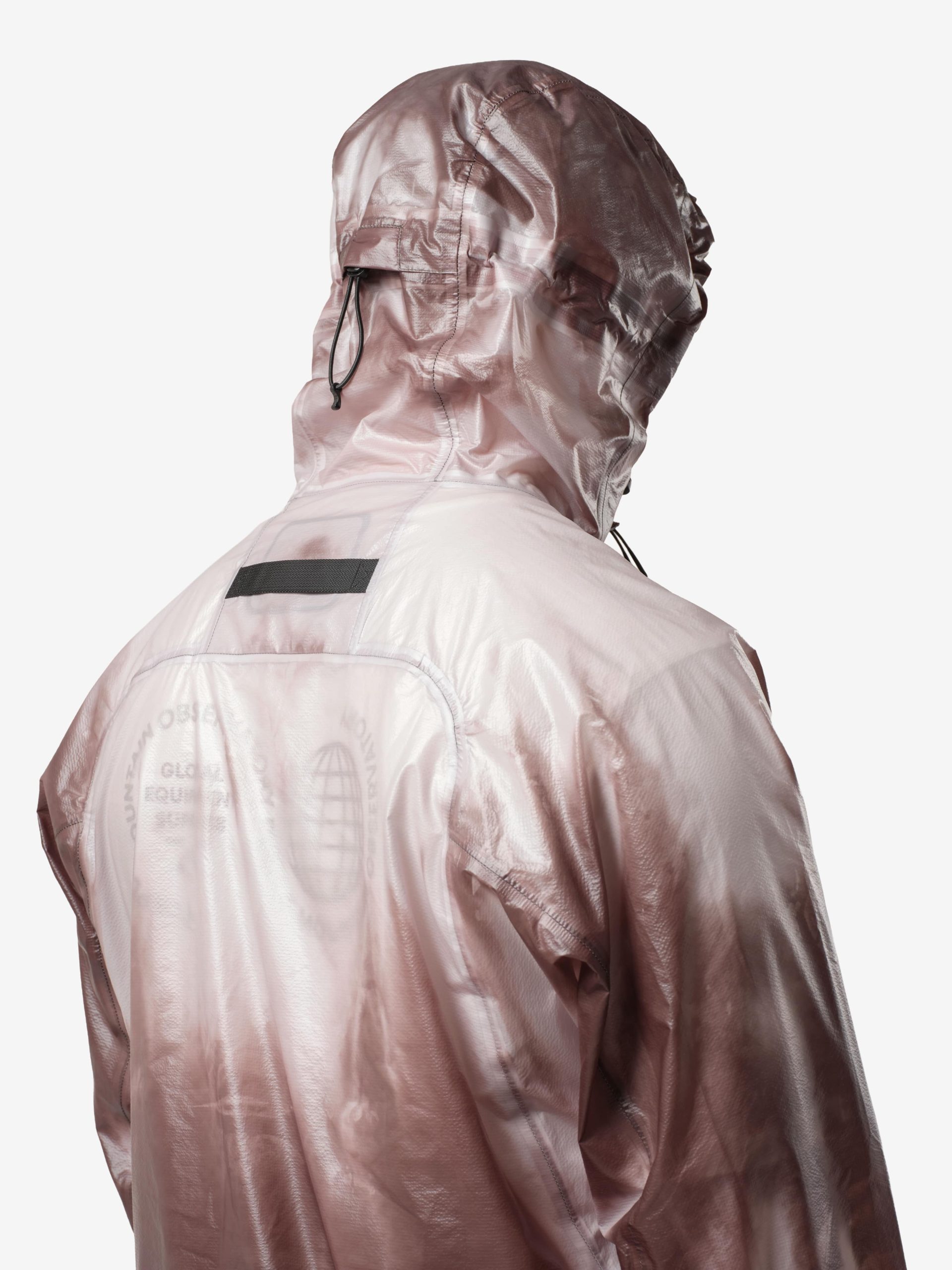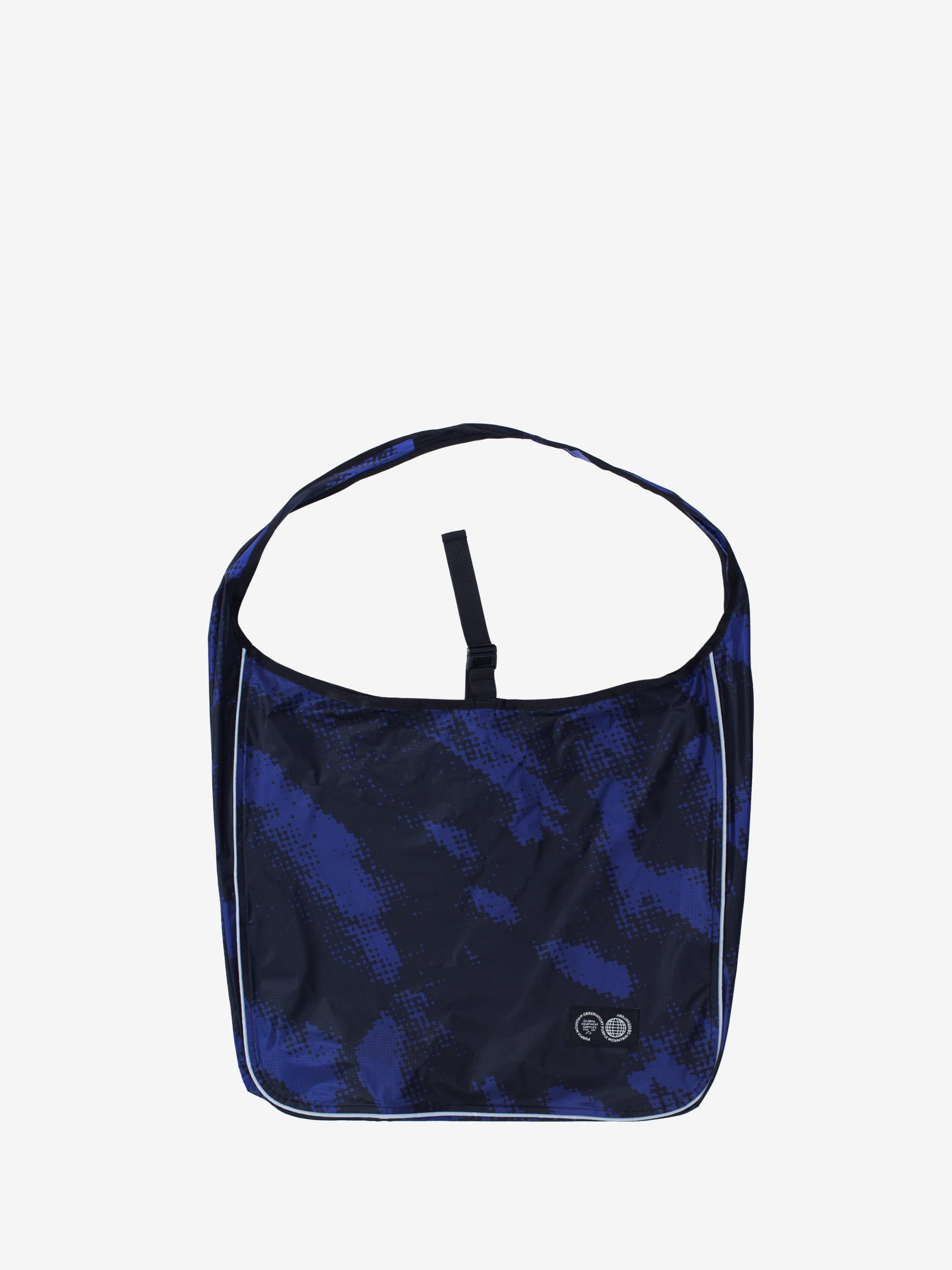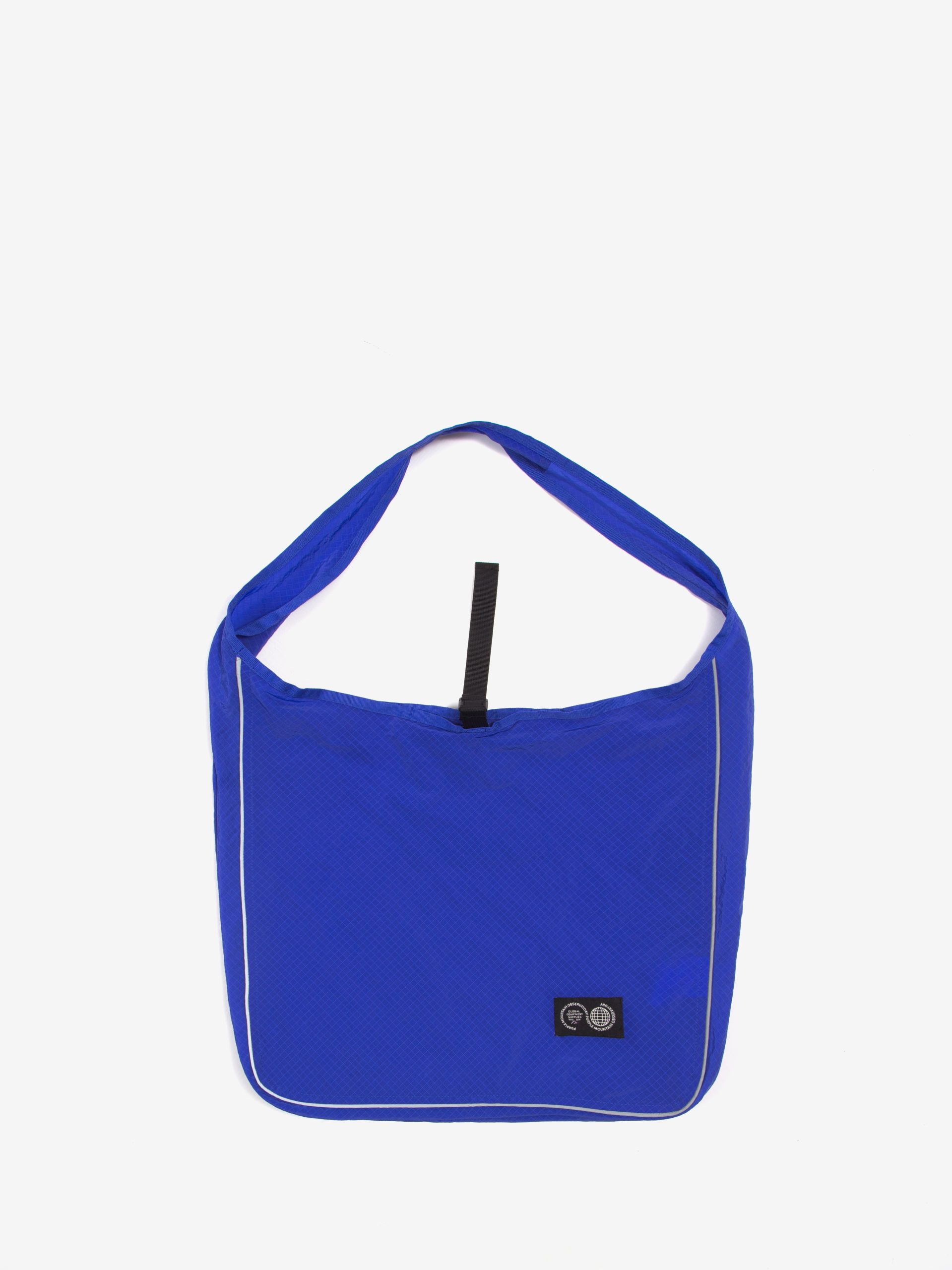Mount Toubkal
Recently, PMO Founder Matt Braun visited Morocco to explore the Atlas Mountains, partaking in a trek up Mount Toubkal. His goal? To reset and take every back to the fundamentals.
Read more about the trip and his thoughts below:
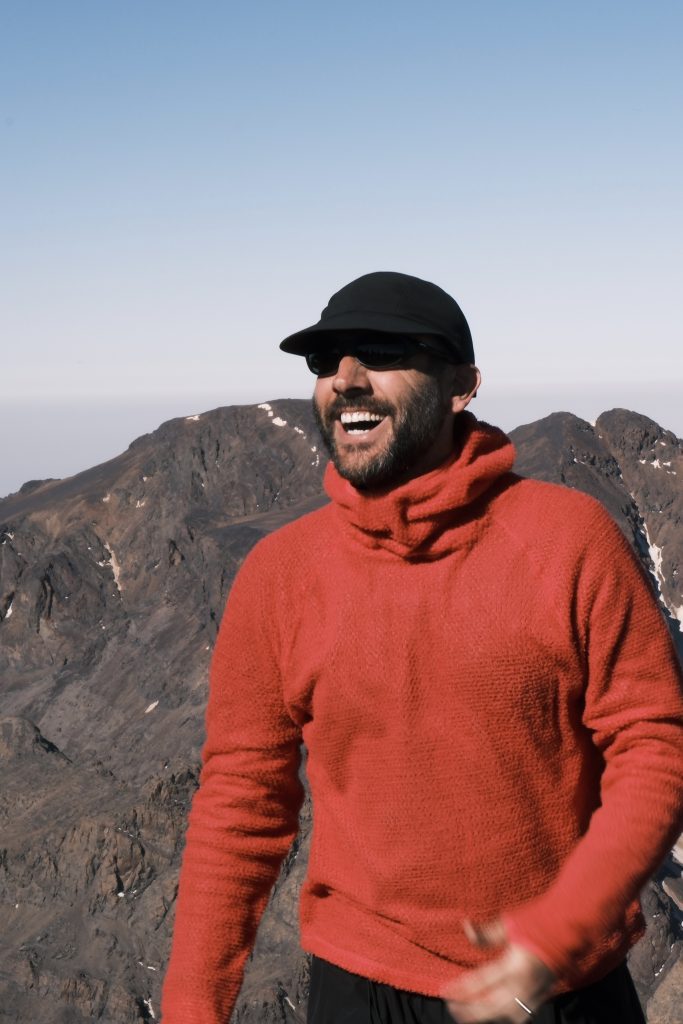
Matt.
At 4,167 metres, Mount Toubkal stands as the highest peak in North Africa, its summit drawing adventurers not just for the altitude, but for the beauty of the wider Atlas range; a place where culture, nature, and adventure come together.
Our expedition was a three-day, 45 km circular trek, beginning in the Berber village of Imlil. A summer ascent meant that much of the winter snow had melted away, revealing open, sun-baked terrain and expansive valleys that offered a shifting, breathtaking perspective on the High Atlas. The decision to take on this journey was motivated by more than the challenge of altitude. For me, it was about the setting: a landscape I’d long been curious about, and it turned out to be the perfect belated birthday gift from my wife, Freya.
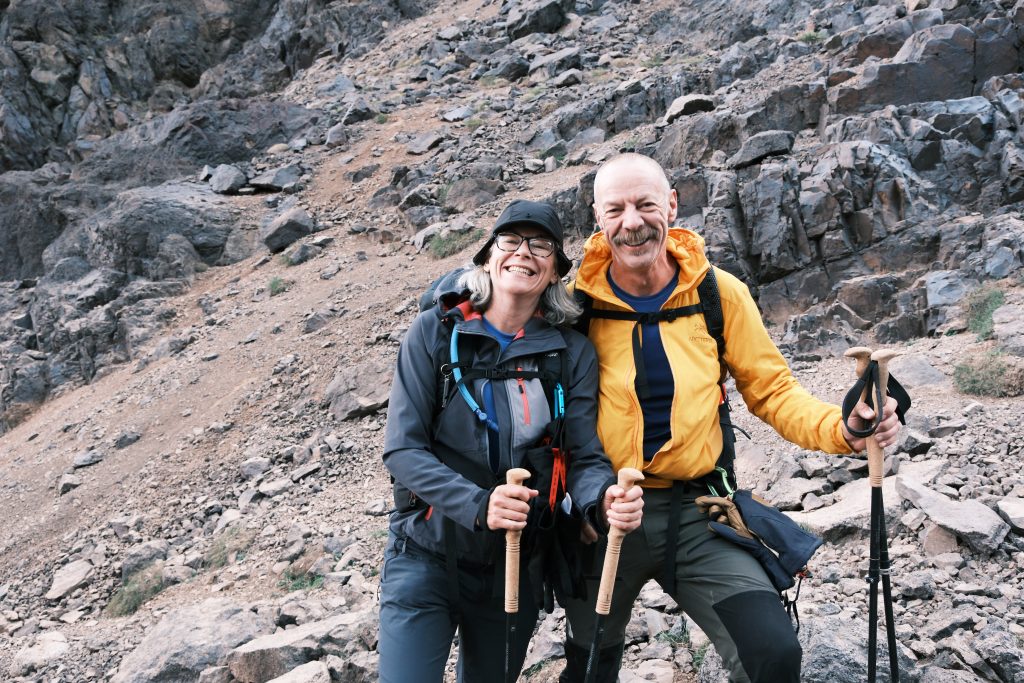
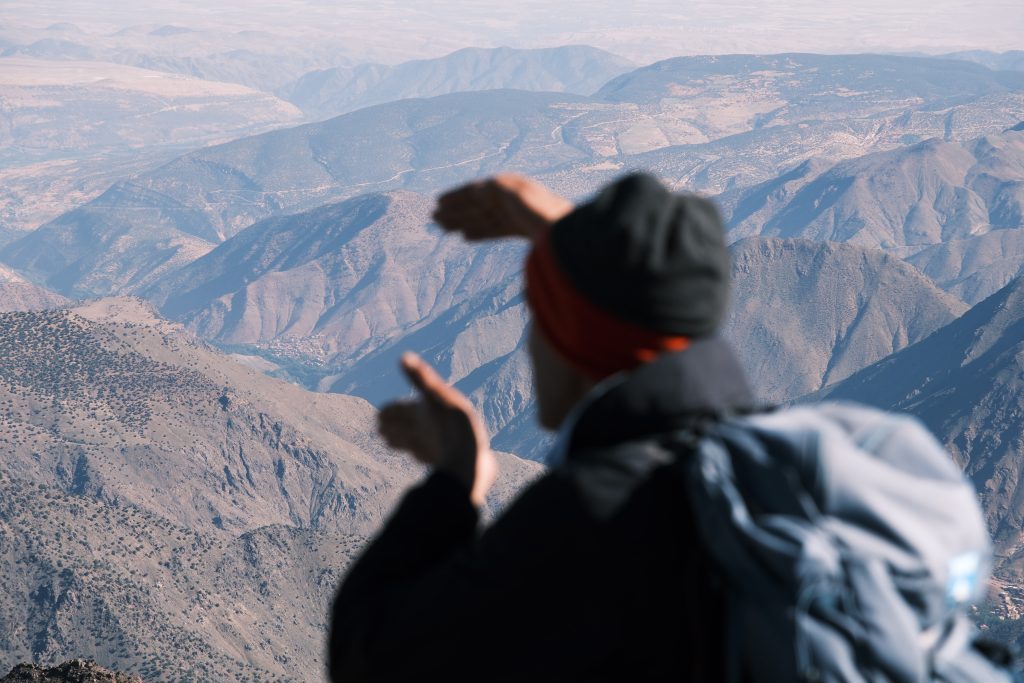
From the outset, this trip was intended as a reset. Life, particularly in my role, can become relentlessly fast-paced. I craved something to strip everything back to the fundamentals, walking, breathing, and moving through space with an intention. Toubkal offered just that: an opportunity to disconnect from the constant noise and immerse fully in the natural world.
Our guides embodied the spirit of this place. Jamal, a local Berber who had grown up in these mountains, carried an encyclopaedic knowledge of the terrain and an unhurried wisdom that seemed to mirror the pace of the region itself. His mint tea became a daily ritual. Jamie, an experienced leader from 360 Expeditions and founder of Adventure 999, a unique organisation supporting the wellbeing of emergency services professionals through outdoor adventure, brought technical insight and an infectious enthusiasm for the journey ahead.
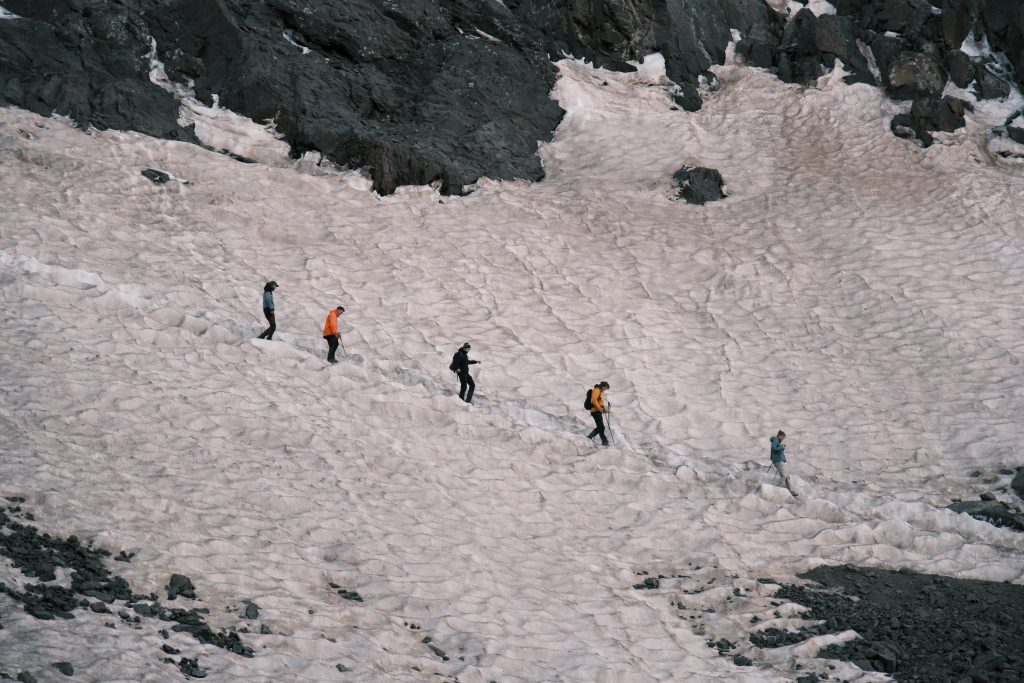
The trails themselves were moderately technical: predominantly rocky, with intermittent sections of loose scree requiring sure footing. Recent cold snaps meant snow still clung stubbornly to the highest northern slopes. The schedule of the days were simple, walk, pause, observe, move again, broken only by communal meals and shared moments of reflection in mountain refuges. These refuges, accommodating 40 to 50 trekkers in large bunkhouses, became a chance for us to meet explorers from all walks of life. Evenings were spent exchanging stories with fellow climbers, route planning, and unwinding with a few rounds of shithead over hearty tagines.
The summit push began in the early hours, a 5 km climb through darkness, headlamps tracing zig-zagging lines across the slopes. Moving deliberately to conserve oxygen and managing energy was key, as was negotiating the inevitable bottlenecks closer to the ridge. For me, the most powerful moment came well before reaching the summit itself. Pausing mid-climb in pre-dawn stillness, with valleys cloaked in darkness and the first faint orange hues painting the horizon, I felt a profound sense of presence, both small within the landscape, yet fully part of it.
Physical discomfort was inevitable as we gained altitude. The thin air forced a recalibration of pace and mindset. Progress required steady, intentional effort, with encouragement from the group and the calm reassurance of our guides proving invaluable. In those tougher moments, I reminded myself that discomfort is fleeting, while the memories aren’t as much.
Perhaps the greatest lesson the mountains offered was the value of slowing down, both physically and mentally. In modern life, speed is often conflated with progress. Yet here, moving quickly was neither efficient nor safe, we had nothing to prove. Success meant tuning into the body, respecting the environment, and adjusting to the rhythm of the terrain. This recalibration was unexpectedly powerful.
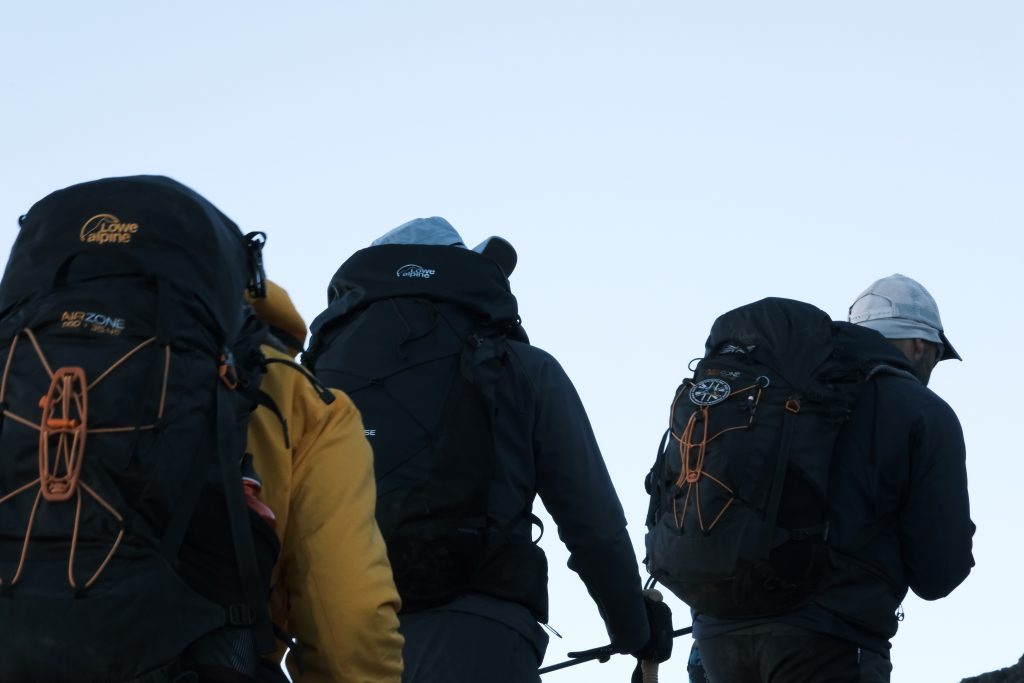
Time spent immersed in Berber culture deepened this perspective. The communities of the Atlas live in harmony with the land, no sign of the rush of modern schedules. Hospitality was ever-present, with each interaction, no matter how brief, we were always greeted with genuine warmth and curiosity. Observing this, I reflected on how disconnected many contemporary lifestyles have become from both community and environment. The Berber way of life offered a subtle, profound reminder that simplicity and depth are not mutually exclusive.
This expedition also reinforced the ethos behind Purple Mountain Observatory. At its heart, the brand is not about product for product’s sake; it is about fostering connection, between individuals, between people and landscape, and between inner and outer worlds. Field-testing designs in such environments is crucial: a piece of clothing must not only perform but support these deeper experiences. Every trek I undertake informs this process. Out there, stripped of distractions, design thinking becomes grounded in practicality, function, and the raw realities of the natural world. Of course, our colours and silhouettes follow soon after, but we have to make sure the garment performs first.
More broadly, the journey up Toubkal mirrored the very philosophy we seek to cultivate. It is not about conquering nature or racing to a goal, but about creating space, both physical and mental, for reflection and recalibration. Experiences like this remind us that true elevation comes not just from reaching a summit, but from the process you go through, and internal changes that occur along the way.
4,167 metres up.
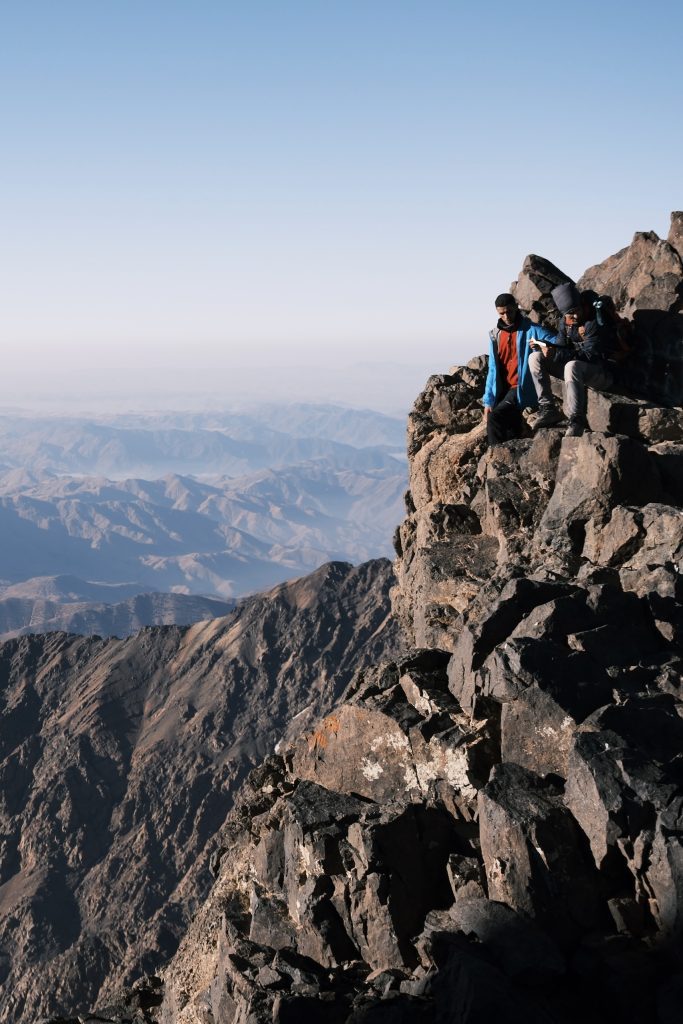
Returning home, I found my relationship with the outdoors subtly changed. The experience reaffirmed that nature doesn’t need to be extreme to be transformative. Even modest moments, when we’re fully engaged, offer immense power to change your perspective. The key is attention: a willingness to be fully present, to walk slowly, to breathe deeply.
In the end, Mount Toubkal offered far more than altitude or adventure. It provided space to reflect on what matters, to reconnect with simplicity, and to carry those insights forward, both in life and in design.
